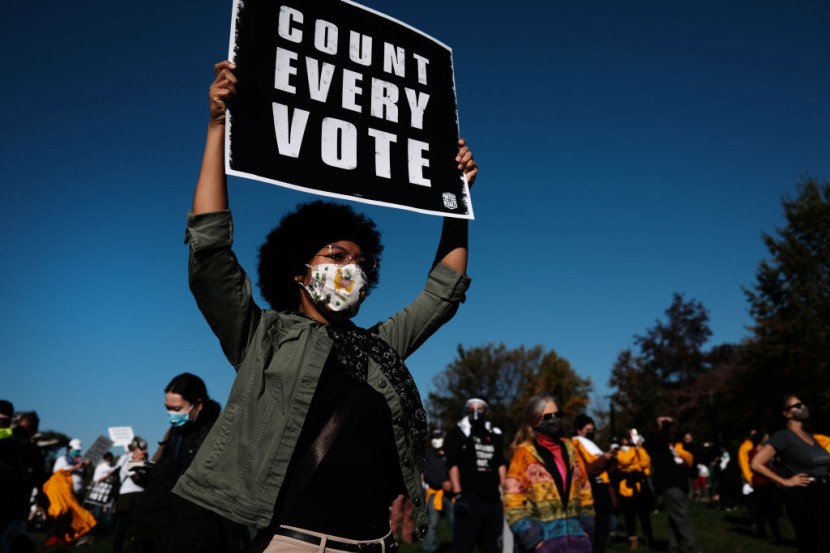
According to an election-integrity watchdog group, Pennsylvania agreed to remove the names of dead people from voter rolls after agreeing upon a settlement with state officials. The lawsuit, which the Public Interest Legal Foundation (PILF) filed in November last year, alleged that an estimated 21,000 registrants who had passed away were still on Pennsylvania's voter rolls at the point of the 2020 presidential election.
Pennsylvania's Removal of Names of Dead Citizens
The foundation filed its lawsuit against the state and the former Pennsylvanian Secretary of State Kathy Boockvar in November last year. It claimed that deceased registrants' presence on the voter rolls creates the potential for fraud and/or abuse.
According to PILF President and General Counsel J. Christian Adams in a statement declaring the court's decision, "The Commonwealth's failure to remove deceased registrants created a vast opportunity for voter fraud and abuse. It is important to not have dead voters active on the rolls for 5, 10, or even 20 years. This settlement fixes that," reported Just the News.
Pennsylvania is one of the top battleground states of the 2020 presidential election. Last week, the agreement was reached, reported Life News.
PILF tweeted, "We just reached a ground breaking settlement with the Pennsylvania Secretary of State. They have agreed to remove over 20,000 dead registrants from the voter rolls. This is a HUGE win for election integrity. It just got a lot harder to vote from beyond the grave in PA!"
We just reached a ground breaking settlement with the Pennsylvania Secretary of State. They have agreed to remove over 20,000 dead registrants from the voter rolls. This is a HUGE win for election integrity. It just got a lot harder to vote from beyond the grave in PA!
— PublicInterestLegal (@PILFoundation) April 7, 2021
The state agreed to compare its voter-registration directory with the Social Security Death Index. It also agreed to direct all county election commissions to remove dead registrants' names.
Pennsylvania Judge Rules Out Mail-In Ballots of First-Time Voters Without Confirmation of identity
For Adams, the event marks a significant victory for the integrity of elections in the state. He added the Commonwealth's incapacity to remove dead registrants created an immense opportunity for voter abuse and fraud.
As part of the negotiation, the state agrees to compare its voter registration database with the Social Security Death Index and then remove deceased voters' names. Pennsylvania has not yet announced the number of deceased people still on the voter rolls. The foundation claimed to have found 9,212 of the alleged 21,000 dead voters to have been deceased for over five years. It found another 2,000 who had been deceased for over ten years, remaining on the voter rolls.
The lawsuit was filed in the United States District Court for the Middle District of Pennsylvania. It indicated Pennsylvania failed to update voter registration records and contravened the federal "motor voter" law. The state's law requires election officials to reject ballots from people who have passed away.
According to the Department of State, it is pleased this agreement will proffer Pennsylvania's county boards of election another beneficial tool to maintain the most accurate and up-to-date voter rolls probable. However, it still contends the total number alleged by PILF.
Texas Senate Advances Election Integrity Bill With New Voter Restrictions








